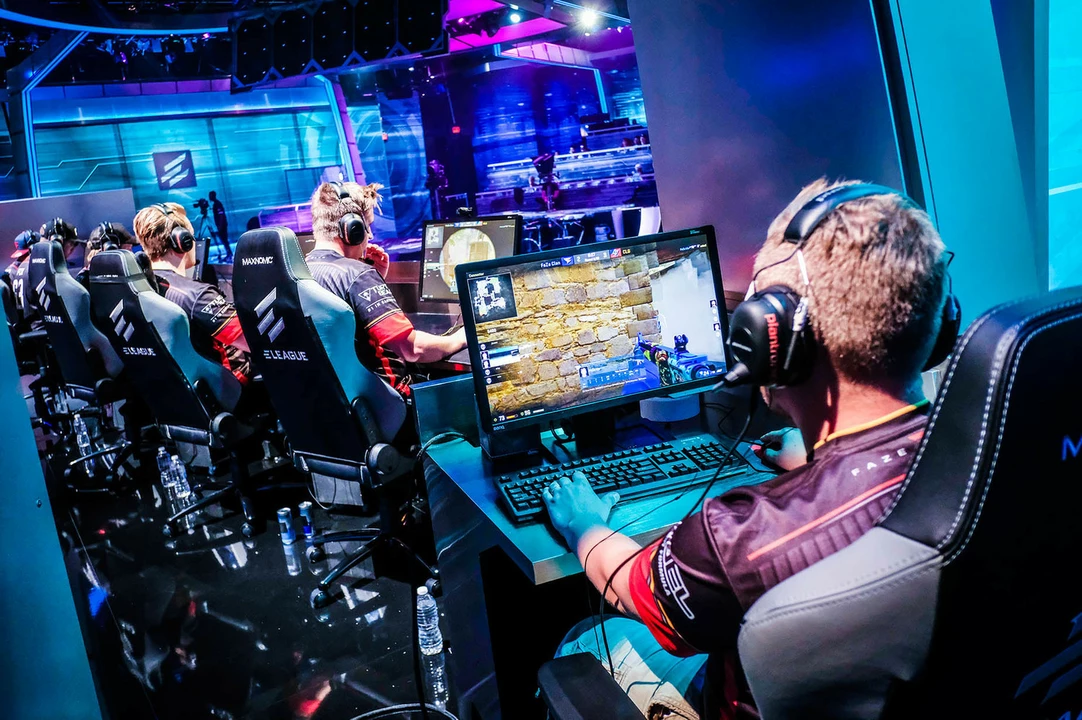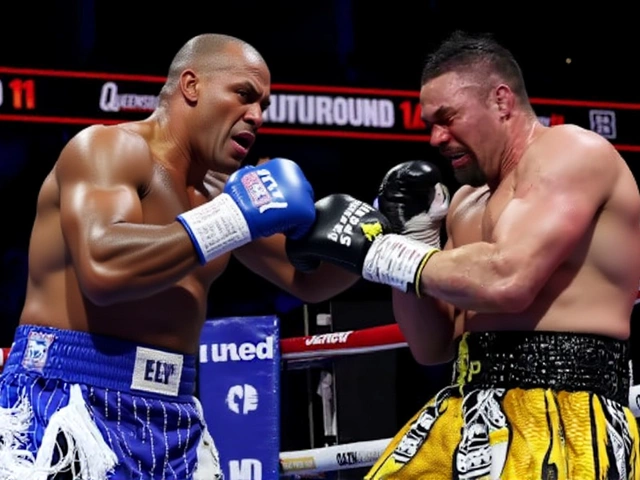Creating a FIFA-like Video Game: An In-Depth Guide
Understanding the Genre and Target Audience
Before diving into the development process, it is crucial to understand the genre and target audience of a FIFA-like video game. FIFA falls under the category of sports simulation games, specifically soccer/football simulation. These games are designed to replicate the real-world experience of playing the sport, with a focus on realism and attention to detail. The target audience for this type of game includes fans of the sport, as well as general gamers who enjoy the challenge and excitement of sports simulation games.
Understanding your target audience will help you make informed decisions about your game's mechanics, features, and visual design. It's essential to strike a balance between creating a realistic simulation and keeping the gameplay enjoyable and accessible for players of all skill levels.
Assembling a Talented Development Team
A FIFA-like video game requires a talented and experienced development team to bring the vision to life. Key roles include game designers, programmers, artists, animators, sound designers, and quality assurance testers. Each team member should have a strong understanding of their specific discipline and be able to collaborate effectively with others.
Having a diverse team with different skill sets and perspectives will help ensure that your game is polished, engaging, and enjoyable for a wide range of players. It's also crucial to have a dedicated project manager to oversee the development process and ensure that deadlines and milestones are met.
Designing the Core Gameplay Mechanics
The foundation of any great FIFA-like video game is its core gameplay mechanics. These are the essential systems and interactions that define the player's experience. For a soccer simulation game, this includes player movement, ball control, passing, shooting, and defending.
It's important to spend time refining these mechanics, ensuring they are responsive and enjoyable to use. This may involve iterating on the control schemes or adjusting the physics of the game to make the gameplay feel more realistic. Playtesting is crucial during this stage to gather feedback and make necessary adjustments to the mechanics.
Developing Advanced AI for Opponents
One of the most challenging aspects of creating a FIFA-like video game is developing advanced artificial intelligence (AI) for the opposing teams. The AI should be capable of executing complex strategies and adapting to the player's tactics, providing a challenging and engaging experience.
This involves programming the AI to make intelligent decisions based on the current state of the game, such as choosing the best formation, making tactical substitutions, or initiating specific plays. The AI should also be able to learn from the player's actions and adjust its strategy accordingly, ensuring that each match feels dynamic and unique.
Creating Immersive Stadiums and Environments
The visual design of a FIFA-like video game plays a significant role in creating an immersive and authentic experience. This involves creating detailed and accurate 3D models of real-world stadiums, complete with realistic lighting, textures, and crowd animations.
It's important to consider the level of detail needed for each element, as higher fidelity assets can impact performance on lower-end hardware. Additionally, incorporating weather effects and dynamic time of day can add to the sense of immersion and make each match feel unique.
Implementing Licensing and Authentic Player Rosters
A major aspect of FIFA's appeal is its extensive licensing agreements with professional leagues, clubs, and players. This allows the game to feature authentic player rosters, team kits, and official logos, adding to the sense of realism and immersion.
Securing licensing agreements can be a complex and expensive process, but it's an essential step for a FIFA-like video game. It's important to research the requirements and costs for each league and club you wish to include and be prepared to negotiate terms with the relevant organizations.
Developing an Engaging Career Mode
A popular feature of FIFA and similar games is the career mode, which allows players to take control of a team and guide them through multiple seasons, making important decisions on and off the field. Developing an engaging career mode involves creating a deep and rewarding progression system, with the ability to scout and sign new players, develop tactics, and manage finances.
It's also important to include narrative elements to create a sense of immersion and investment in the player's career journey. This can include dynamic news stories, press conferences, and interactions with players and staff.
Integrating Online Multiplayer Features
Online multiplayer is a key component of FIFA-like video games, allowing players to compete against others from around the world. Integrating online multiplayer features requires careful planning and infrastructure, as well as robust matchmaking and ranking systems to ensure fair and enjoyable matches.
It's also important to consider how to monetize the multiplayer aspect of the game, whether through in-game purchases or a subscription model. Ensuring that the monetization strategy does not negatively impact the player experience is crucial for maintaining a healthy online community.
Optimizing Performance and Compatibility
As a FIFA-like video game will likely feature high-quality graphics and complex AI, it's important to optimize performance for a wide range of hardware configurations. This involves careful testing and tweaking of the game's assets and systems to ensure smooth gameplay on different platforms and devices.
It's also crucial to consider compatibility with various input devices, such as game controllers, keyboards, and touchscreens, and ensure that the game's control schemes are responsive and intuitive for each method.
Marketing and Promoting Your FIFA-like Video Game
Once your FIFA-like video game is complete, it's essential to have a marketing and promotion plan in place to ensure that your game reaches its target audience. This can involve creating engaging trailers and promotional materials, as well as leveraging social media and influencers to spread the word about your game.
Additionally, partnering with professional soccer clubs or players for endorsement deals can provide a significant boost to your game's visibility and credibility. Creating a strong marketing campaign is crucial for the success of your FIFA-like video game in a competitive marketplace.






